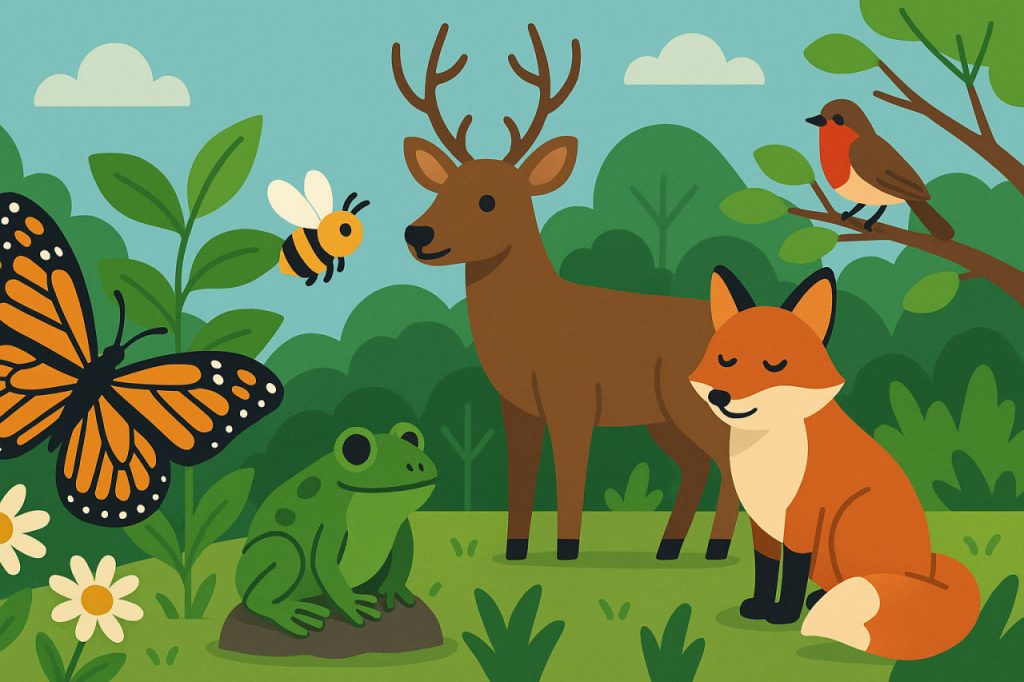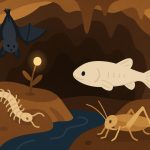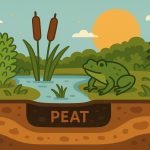Nature is a complex web of interconnected organisms, each playing a role in maintaining the balance of ecosystems. From the smallest microorganisms to the largest predators, every species contributes to the stability and resilience of the environment. Losing even a single species can set off a chain reaction that disrupts this balance.
Biodiversity and Ecosystem Stability
Biodiversity is essential for the health of ecosystems. A variety of species ensures that ecological processes such as pollination, nutrient cycling, and seed dispersal continue smoothly. Diverse ecosystems are more resilient to diseases, pests, and environmental changes. Without this variety, the system becomes fragile and vulnerable.
Food Web Connections
Each species is part of a food web, either as a predator, prey, or decomposer. Removing one species can affect many others. For example, the disappearance of a predator might cause prey populations to grow unchecked, leading to overgrazing or depletion of resources, which harms other species in the area.
Pollinators and Plant Life
Bees, butterflies, birds, and other pollinators are vital for plant reproduction. Without them, many plants — including crops — cannot produce seeds or fruit. The loss of pollinators directly threatens global food security and reduces the variety of plants in nature.
Decomposers and Recycling Nutrients
Fungi, bacteria, and insects that break down dead matter play a crucial role in nutrient cycling. Without decomposers, organic waste would accumulate, and soils would become poor in essential minerals, making it harder for plants to grow.
Keystone Species
Some species have an impact on their environment that is disproportionately large compared to their numbers. These keystone species help maintain ecosystem structure. For instance, sea otters control sea urchin populations, which in turn protect kelp forests. Losing a keystone species can drastically change the ecosystem.
Human Responsibility
Human activity — deforestation, pollution, hunting, and climate change — accelerates species loss. Protecting every species is not just about preserving beauty; it is about maintaining the systems that support life on Earth, including our own survival.
Conclusion
Every species, no matter how small or seemingly insignificant, plays a role in keeping nature balanced. Preserving biodiversity is vital for the health of ecosystems, the stability of the planet, and the well-being of future generations.
Glossary
- Biodiversity – Variety of life forms within an ecosystem.
- Food web – Network of interconnected food chains showing how organisms feed on each other.
- Pollinators – Animals that transfer pollen between plants, enabling fertilization.
- Nutrient cycling – The process of recycling minerals and organic matter in nature.
- Keystone species – A species with a critical role in maintaining the structure of an ecosystem.


